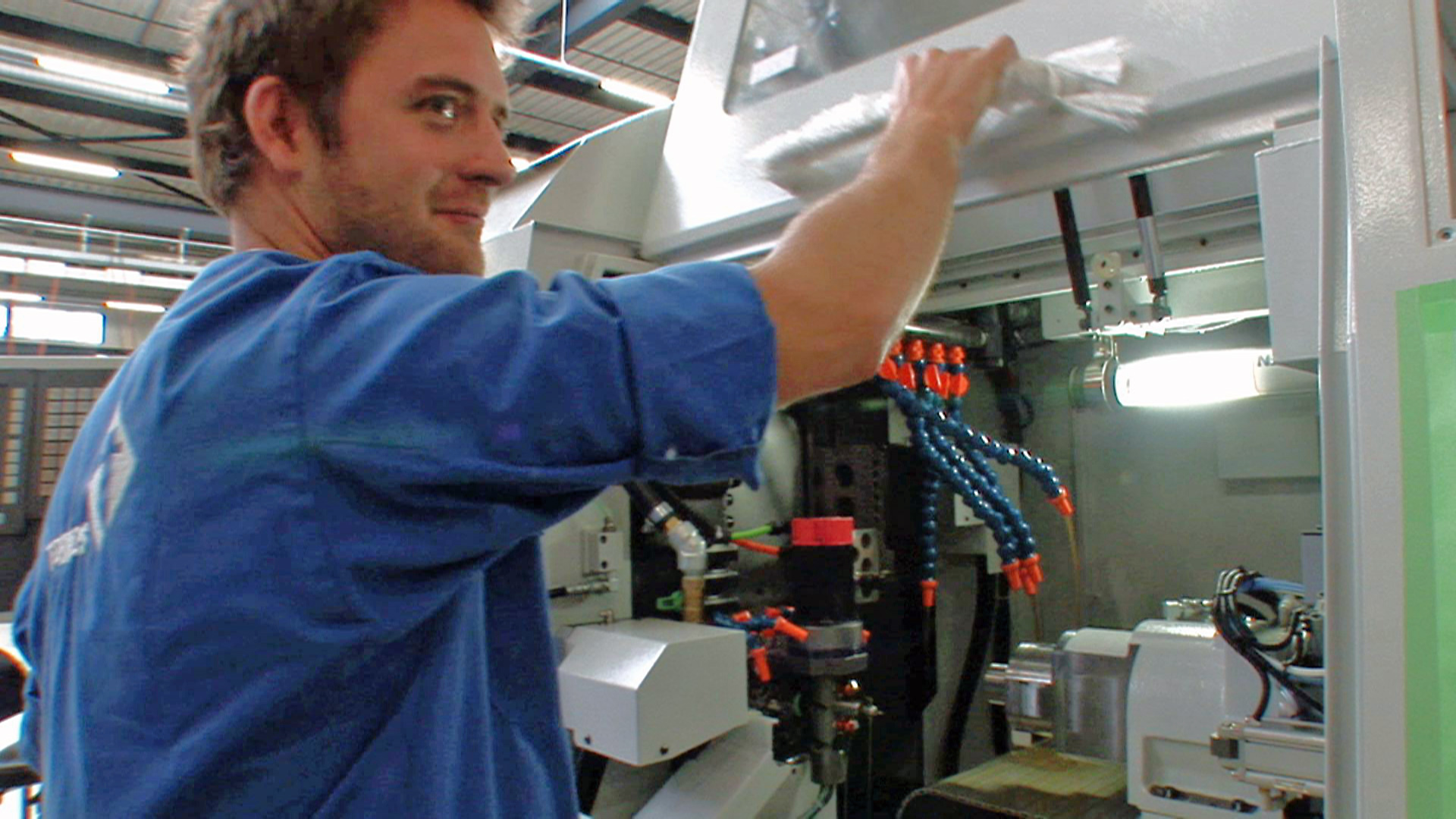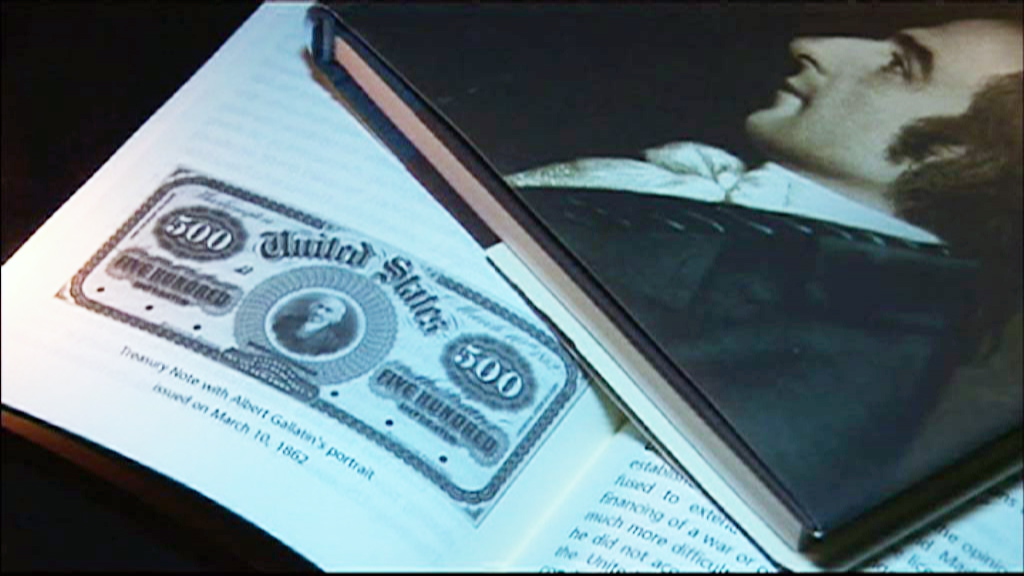Economy braces for further turbulence

The New Year promises a period of economic stagnation for Switzerland with the eurozone – on which many exporters rely – unable to resolve its sovereign debt crisis.
The only real question appears to be how long the troubled period will last, how deeply it will cut into the Swiss economy and how much of the pain will have to be shouldered by workers.
Despite the Swiss National Bank (SNB) and the government taking measures in the second half of the year to soften the blow of a weakening growth, the fate of the economy is now largely in the hands of outside forces beyond Switzerland’s control.
The number one concern is the mounting confusion surrounding the bail-out of weaker eurozone members, particularly Greece. With France, Germany, and especially Britain, showing signs of division on how to deal with the problem, many observers worry about how bad the damage will eventually be.
Switzerland weathered the 2008 financial crisis and subsequent recession comparatively well thanks to its stable housing market, strong domestic consumption and low levels of debt.
Franc pressure
But property is now showing worrying signs of overheating, particularly in major cities and tourist resorts, while consumers are starting to tighten their belts.
Switzerland’s recent relative success has also proved to be a problem, with foreign investors pouring their assets into the safe haven Swiss franc and away from the euro and dollar.
The strengthening franc has made Swiss exports and holidays in the country more expensive – and therefore less attractive – to the rest of the world.
This currency pressure, allied to reduced demand from cash-strapped European consumers and parsimonious governments, is already showing signs of denting the Swiss economy. Some two-thirds of Swiss exported goods are consumed by the European Union.
In February, half of Swiss exporters in the mechanical and electrical engineering sectors said the strong franc presented a serious threat with margins being eroded. By November, that figure had leapt to two-thirds of firms surveyed.
New markets
The State Secretariat for Economic Affairs (Seco) recently forecast the Swiss economy to grow by just 0.5 per cent in 2012. Many economists predict two consecutive quarters of negative growth over the winter – a technical recession.
The Swiss economy has been taking measures to protect itself from the worrying developments. Companies have been busy trying to open or extend markets in developing economies, such as China or India.
The SNB set a ceiling on the franc-euro exchange rate of SFr1.20 in September – a position it has so far managed to defend thanks to a promise to print as much money as is necessary.
In the autumn, the Swiss government announced a SFr870 million ($930 million) stimulus package, mainly aimed at protecting jobs.
But it has been widely acknowledged that these measures can only provide life rafts rather than hold back the tide of gloom from abroad.
Unemployment
So far, the adverse economic trends have not made a huge impact on unemployment rates, but trade unions have warned that the SFr1.20 exchange rate ceiling against the euro will not be enough to shield workers for much longer.
Official statistics show just three per cent of the working population are out of work, but unions believe that figure is closer to four per cent if compared like-for-like with the EU statistical methods.
Seco has warned that the official rate of unemployment will rise to 3.9 per cent by the end of 2012.
But Seco admits that this figure could be worse if the European debt problem triggers a broad-based banking and credit crisis.
Swiss exporters, companies and workers can only wait and see what the outside world will bring for the economy next year.
Swiss gross domestic product (GDP) growth is expected to rise by 1.8% in 2012, according to Seco, the KOF Swiss Economic Institute and BAK Basel Economics.
Seco predicts 0.5% GDP growth in 2012, but KOF paints a more pessimistic picture at 0.2% while BAK forecasts 0.4%.
All three economic forecasters predict improvement from the middle of next year and to continue into 2013.
Unemployment, currently running at a rate of 3.1% will rise to 3.9% by the end of 2012, according to Seco.
KOF expects 3.3% of the workforce to be out of a job next year and BAK forecasts 3.5%.

In compliance with the JTI standards
More: SWI swissinfo.ch certified by the Journalism Trust Initiative






You can find an overview of ongoing debates with our journalists here. Please join us!
If you want to start a conversation about a topic raised in this article or want to report factual errors, email us at english@swissinfo.ch.